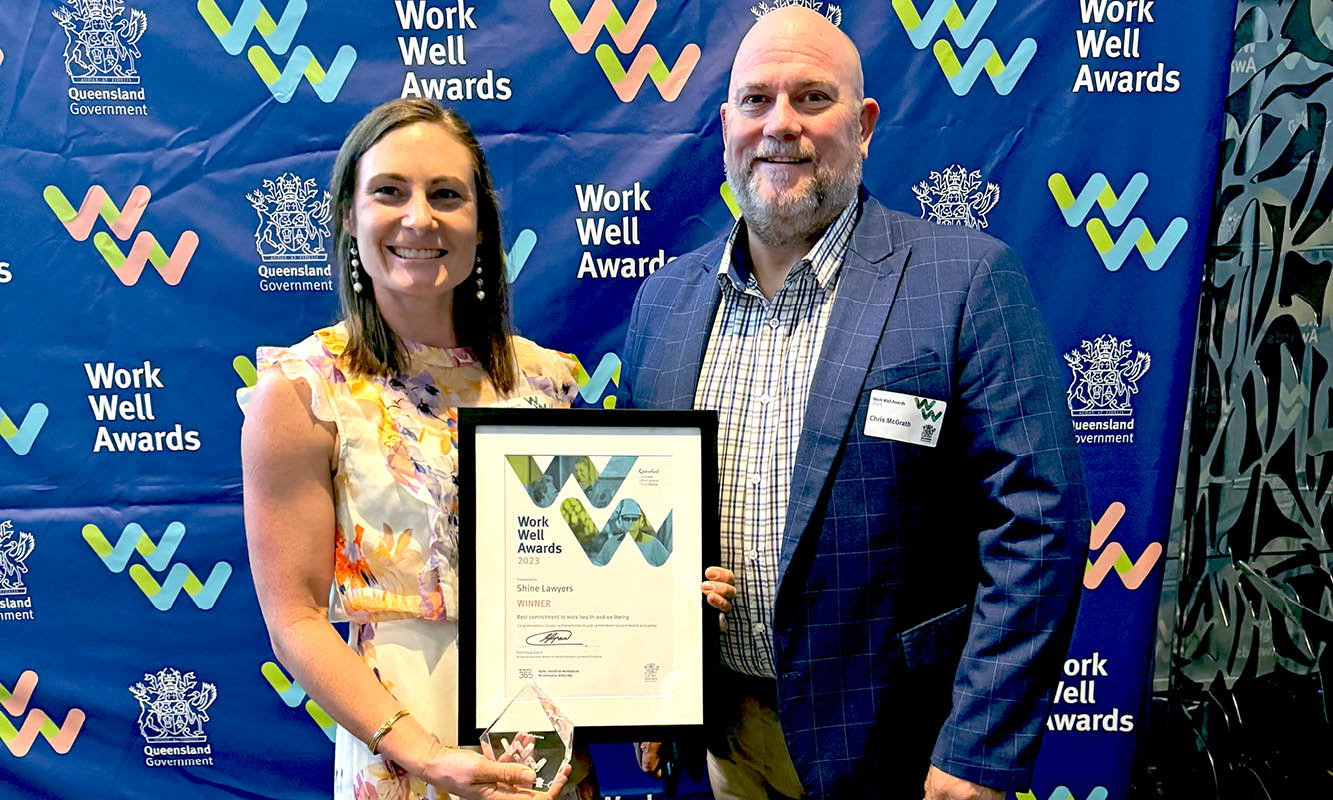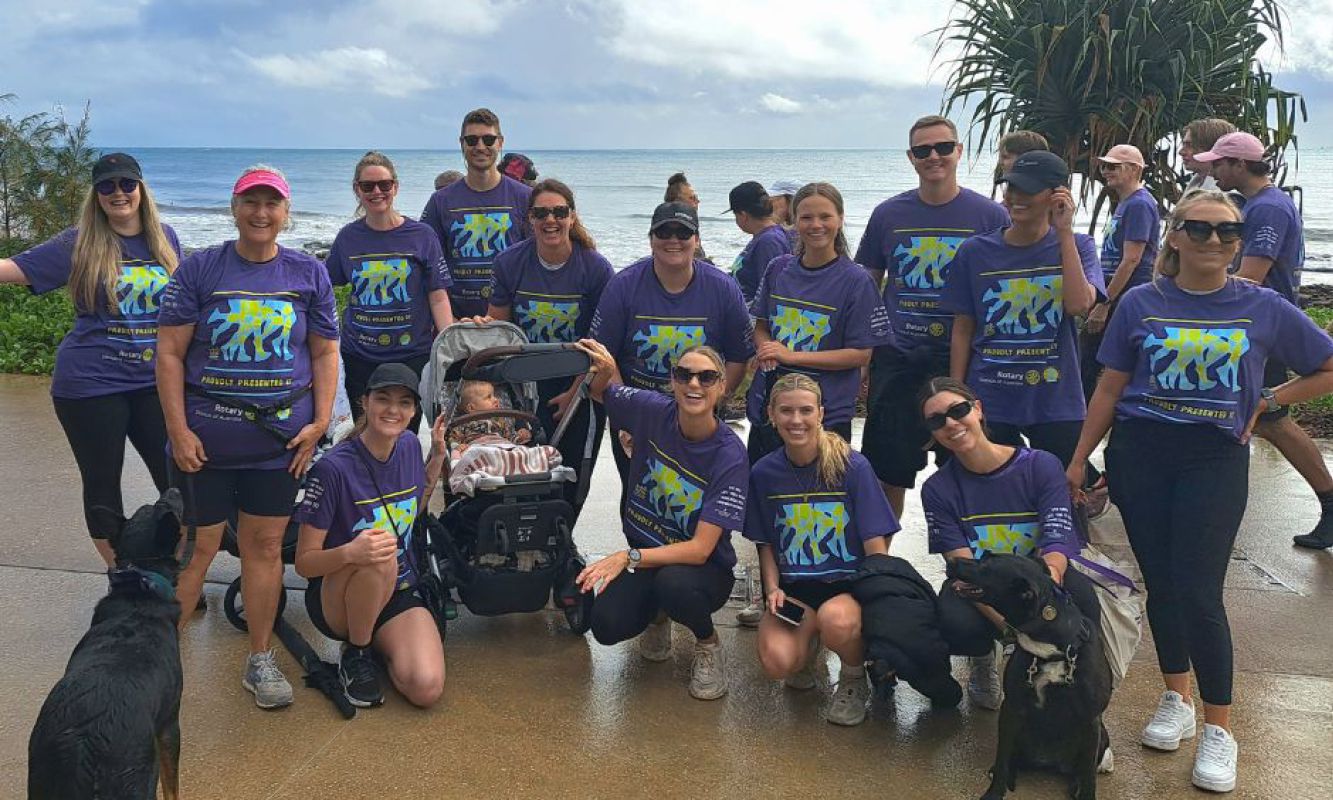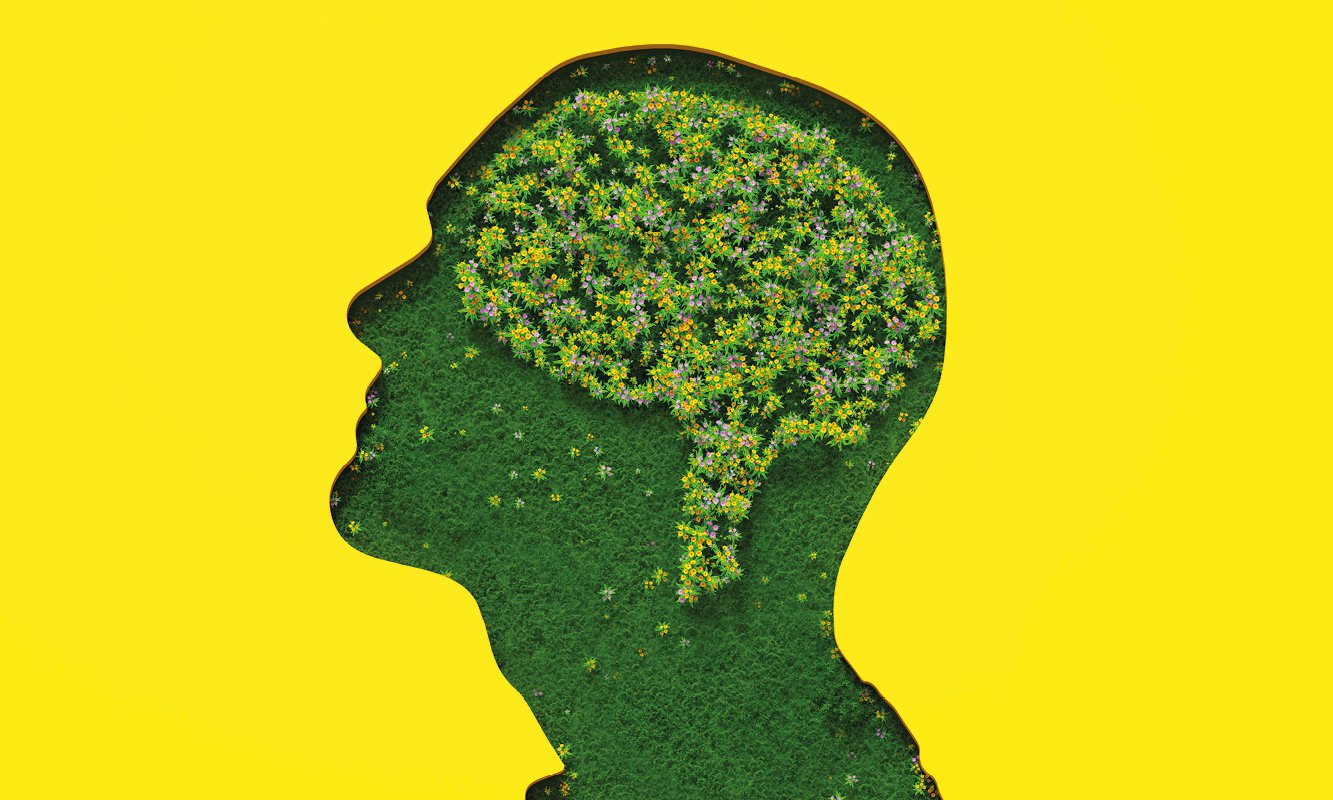I’m a certified teacher of the Search Inside Yourself (SIY) leadership course, which was developed at Google over 10 years ago.
World experts were brought in to develop a two-day course which blends mindfulness, emotional intelligence and neuroscience to build skills for peak performance, stress management, strong collaboration, innovation, creativity and effective leadership.
It became Google’s most popular internal training course and has now outgrown its origins to become a not-for-profit (NFP) that delivers training to corporations, governments, educational organisations and other NFPs around the world.
Within the SIY course, we refer to micro practices, which are excellent integrated practices that you might want to try;
- Three Breaths: First breath, pay full attention to your breath. Second breath, relax the body. Third breath, ask ‘what’s important right now’. People tell me they love using this one as they transition between tasks and also to create a break between work-mode and home-life. I picture people doing it in the car in the garage before entering the house after work.
- Minute to arrive: Start a meeting with one minute of silence to allow everyone to be fully present. Sounds strange? It’s normalised now at Google and once you start, you can’t stop.
- Noting: When you feel stuck on a thought/feeling then notice it to name it (for example, frustration, anger, disappointment), let it be and just breathe.
- Head/body/heart check-in: Take three breaths scanning one area of the body with each breath. First breath – scan the head, registering any thoughts. Second breath – scan the body registering any emotions or sensations. Third breath – check the heart, representing values or intentions.
- SBNRR: Stop, breathe, notice, reflect, respond.
- Accepting: Whenever you feel distressed, take a few deep breaths in and out, repeat to yourself “Breathing in, I do my best. Breathing out, I let go of the rest”. FYI… this was my favourite during 2020.
- ‘Impact is not intention’: When you notice feeling irritated or frustrated with someone, remember this phrase and consider that you don’t know what is driving their behaviour and might not be receiving the message as intended or at all.
More on mindfulness next week
This content first appeared in Brief, the journal of the Law Society of Western Australia. It is reproduced with permission.
Cathryn Urquhart is a West Australian lawyer who works as a Professional Skills Trainer and Practice/Risk Management Consultant. She is also a Certified Teacher at the Search Inside Yourself Leadership Institute.














Share this article